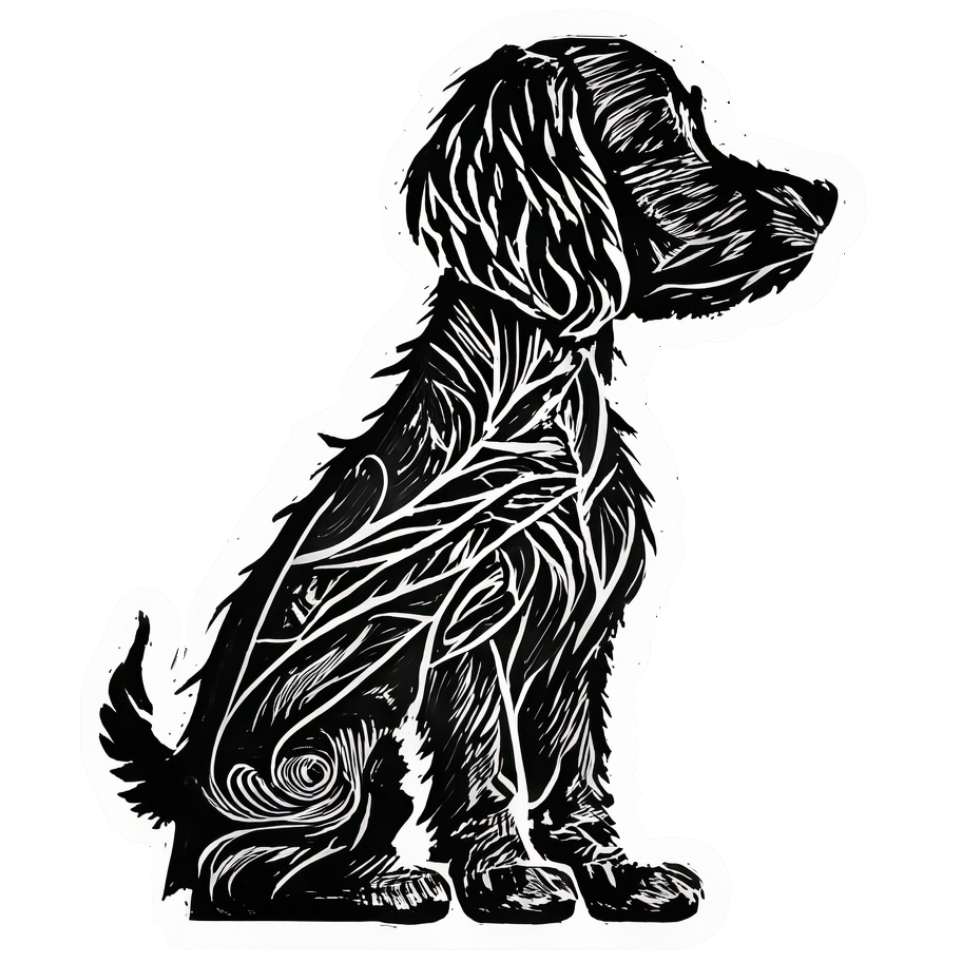
Aging is a natural and inevitable part of life, and just like humans, dogs experience changes as they grow older. Senior dogs often hold a special place in our hearts, having shared many years of companionship and joy. As our furry friends enter their golden years, they may require specialized care, attention, and understanding. In this article, we’ll explore the signs of aging in dogs, the unique needs of senior dogs, and how to provide loving and compassionate care.
Recognizing the Signs of Aging
Dogs age at different rates depending on their breed, size, and overall health. Generally, smaller dogs tend to live longer, while larger breeds may show signs of aging earlier. Common indicators of aging include:
- Graying fur, especially around the muzzle
- Reduced energy levels and increased sleep
- Changes in vision and hearing
- Stiffness or difficulty moving
- Changes in weight, appetite, and thirst
- Altered behavior or increased anxiety
Specialized Care for Senior Dogs
As dogs age, their care needs may change. Regular veterinary check-ups become even more critical to monitor and manage potential health issues. Here’s how you can provide specialized care for your senior dog:
Diet and Nutrition
Senior dogs may require a diet tailored to their specific needs, such as lower calories, increased fiber, or specialized nutrients for joint health. Consult with your veterinarian to determine the best diet for your aging dog.
Exercise and Mobility
While senior dogs may not have the same energy levels as their younger counterparts, regular exercise remains essential. Gentle walks, playtime, and mental stimulation promote overall well-being. Consider using ramps or supportive harnesses if mobility becomes a challenge.
Comfort and Environment
Creating a comfortable living environment for your senior dog can make a significant difference in their quality of life. Soft bedding, easy access to food and water dishes, and minimizing stairs or obstacles can enhance their comfort.
Medical Care and Monitoring
Regular veterinary visits are vital for early detection and management of common age-related health issues such as arthritis, dental disease, kidney problems, or heart conditions. Medications, supplements, or therapeutic interventions may be recommended.
Emotional Support and Quality Time
Senior dogs often crave more attention and companionship. Spending quality time, offering gentle affection, and maintaining routines can provide emotional support and strengthen your bond.
Conclusion
Caring for an aging or senior dog is a journey filled with love, compassion, and understanding. Recognizing the signs of aging and adapting to their changing needs ensures that your faithful friend enjoys a comfortable and fulfilling life in their golden years. Dogipedia is dedicated to supporting dog owners at every stage of their pet’s life, offering expert advice, resources, and community connections. Explore our extensive collection of articles and guides, and let us be a part of your journey with your beloved dog. Whether you’re facing the challenges of senior dog care or simply want to learn more about your canine companion, Dogipedia is here for you!
